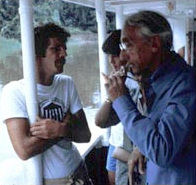
The Ocean World of Jacques Cousteau by Jacques Cousteau is an encyclopedia in 21 volumes, that forms an encyclopedia of marine life. [1]
It was published between 1973 and 1978. [2]

The Ocean World of Jacques Cousteau by Jacques Cousteau is an encyclopedia in 21 volumes, that forms an encyclopedia of marine life. [1]
It was published between 1973 and 1978. [2]
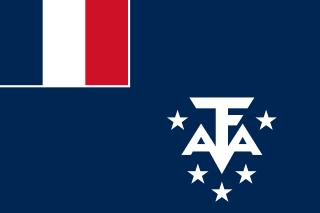
Europa Island, in Malagasy Nosy Ampela is a 28-square-kilometre (11 sq mi) low-lying tropical atoll in the Mozambique Channel, about a third of the way from southern Madagascar to southern Mozambique. The island had never been inhabited until 1820, when the French family of Rosier moved to it. The island officially became a possession of France in 1897, though it is claimed by Madagascar.

Jacques-Yves Cousteau, was a French naval officer, oceanographer, filmmaker and author. He co-invented the first successful open-circuit self-contained underwater breathing apparatus (SCUBA), called the Aqua-Lung, which assisted him in producing some of the first underwater documentaries.

Émile Gagnan was a French engineer and, in 1943, co-inventor with French Navy diver Jacques-Yves Cousteau of the Aqua-Lung, the diving regulator used for the first Scuba equipment. The demand-valve, or regulator, was designed for regulating gas in gas-generator engines, but was found to be excellent for regulating air-supply under varied pressure conditions. This allowed people to explore the ocean more easily, even though the original purpose was different.

RV Calypso is a former British Royal Navy minesweeper converted into a research vessel for the oceanographic researcher Jacques Cousteau, equipped with a mobile laboratory for underwater field research. She was severely damaged in 1996 and was planned to undergo a complete refurbishment in 2009–2011 that has not been accomplished. The ship is named after the Greek mythological figure Calypso.
Simone Cousteau was a French explorer. She was the first woman scuba diver and aquanaut, and wife and business partner of undersea explorer Jacques-Yves Cousteau.

Underwater habitats are underwater structures in which people can live for extended periods and carry out most of the basic human functions of a 24-hour day, such as working, resting, eating, attending to personal hygiene, and sleeping. In this context, 'habitat' is generally used in a narrow sense to mean the interior and immediate exterior of the structure and its fixtures, but not its surrounding marine environment. Most early underwater habitats lacked regenerative systems for air, water, food, electricity, and other resources. However, some underwater habitats allow for these resources to be delivered using pipes, or generated within the habitat, rather than manually delivered.
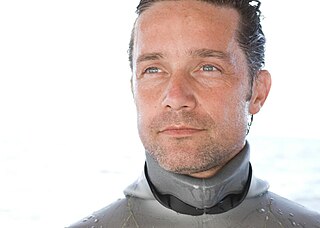
Fabien Cousteau is an aquanaut, ocean conservationist, and documentary filmmaker. As the first grandson of Jacques Cousteau, Fabien spent his early years aboard his grandfather's ships Calypso and Alcyone, and learned how to scuba dive on his fourth birthday. From 2000 to 2002, he was Explorer-at-Large for National Geographic and collaborated on a television special aimed at changing public attitudes about sharks called "Attack of the Mystery Shark". From 2003 to 2006, he produced the documentary "Mind of a Demon" that aired on CBS. With the help of a large crew, he created a 14-foot, 1,200-pound, lifelike shark submarine called "Troy" that enabled him to immerse himself inside the shark world.

Philippe Pierre Cousteau was a French diver, sailor, pilot, photographer, author, director and cinematographer specializing in environmental issues, with a background in oceanography. He was the second son of Jacques Cousteau and Simone Melchior.
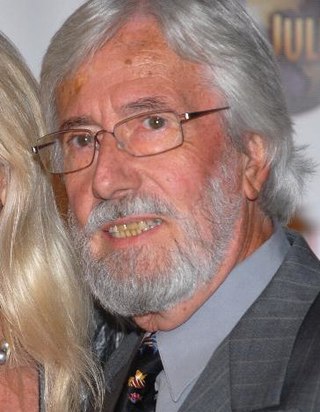
Jean-Michel Cousteau is a French oceanographic explorer, environmentalist, educator and film producer. The first son of ocean explorer Jacques Cousteau, he is the father of Fabien Cousteau and Céline Cousteau.

The Silent World is a 1956 French documentary film co-directed by Jacques Cousteau and Louis Malle. One of the first films to use underwater cinematography to show the ocean depths in color, its title derives from Cousteau's 1953 book The Silent World: A Story of Undersea Discovery and Adventure.
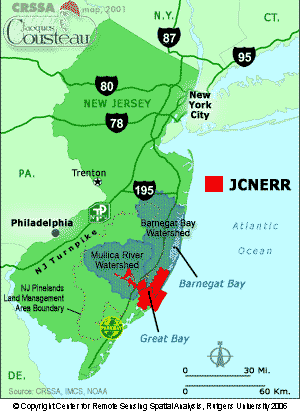
The Jacques Cousteau National Estuarine Research Reserve, located in southeastern New Jersey, encompasses over 116,116 acres of terrestrial, wetland and aquatic habitats within the Mullica River-Great Bay Ecosystem.
Continental Shelf Station Two or Conshelf Two was an attempt at creating an environment in which people could live and work on the sea floor. It was the successor to Continental Shelf Station One.
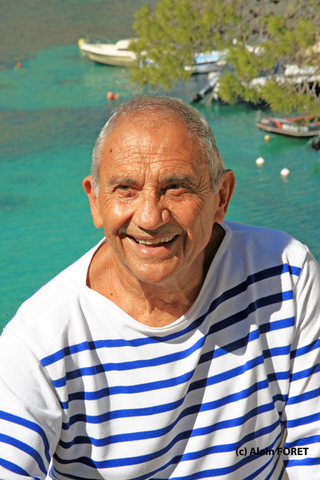
Albert Falco was a French scuba diving veteran and champion of underwater conservation. He was one of the longest-serving diving companions of Jacques Cousteau, Chief Diver, and later Captain of the RV Calypso. He lived in France and was active in preserving aquatic ecosystems. He played several leading roles on Cousteau's films, like The Silent World (1956), World Without Sun (1964) and Voyage to the Edge of the World (1976). Falco was the author of a non-fiction book, Capitaine de La Calypso.
Philippe Victor Diolé was a French author and undersea explorer.

Philippe-Pierre Jacques-Yves Arnault Cousteau Jr. is an American oceanographer and environmental activist, the son of Philippe Cousteau and the grandson of Jacques Cousteau. Cousteau has continued the work of his father and grandfather by educating the public about environmental and conservation issues. In 2017, he received an Emmy nomination for hosting the syndicated science series Awesome Planet.
The World About Us was a BBC Two television documentary series on natural history which ran from 3 December 1967 to 20 July 1986. The show was created by David Attenborough.
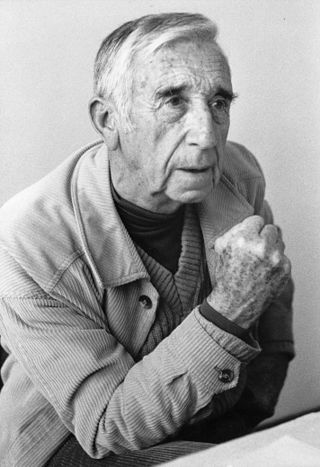
Philippe Tailliez was a friend and colleague of Jacques Cousteau. He was an underwater pioneer, who had been diving since the 1930s.
Bernard Delemotte was a French underwater diver and photographer who was a member of the oceanographic research team of the Cousteau Society, founded by Jacques-Yves Cousteau. He participated as a diver, underwater cameraman and expedition team leader in various Cousteau Society's projects such as the ones featured in the television series The Cousteau Odyssey filmed between 1977 and 1982.
Mission 31 was an undersea expedition organized by Fabien Cousteau. It was originally scheduled for November 2013, but was delayed to June 2014. On June 1, Cousteau and six crew members descended to the undersea laboratory Aquarius in the Florida Keys. Halfway through the expedition, three of crew were replaced, as had been planned. After 31 days, Cousteau and the crew ascended on July 2.
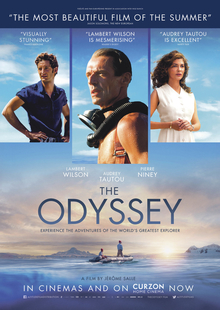
The Odyssey is a 2016 French-Belgian biographical adventure film directed by Jérôme Salle and written by Salle and Laurent Turner, based on the non-fiction book Capitaine de La Calypso by Albert Falco and Yves Paccalet. The film stars Lambert Wilson, Pierre Niney, and Audrey Tautou.